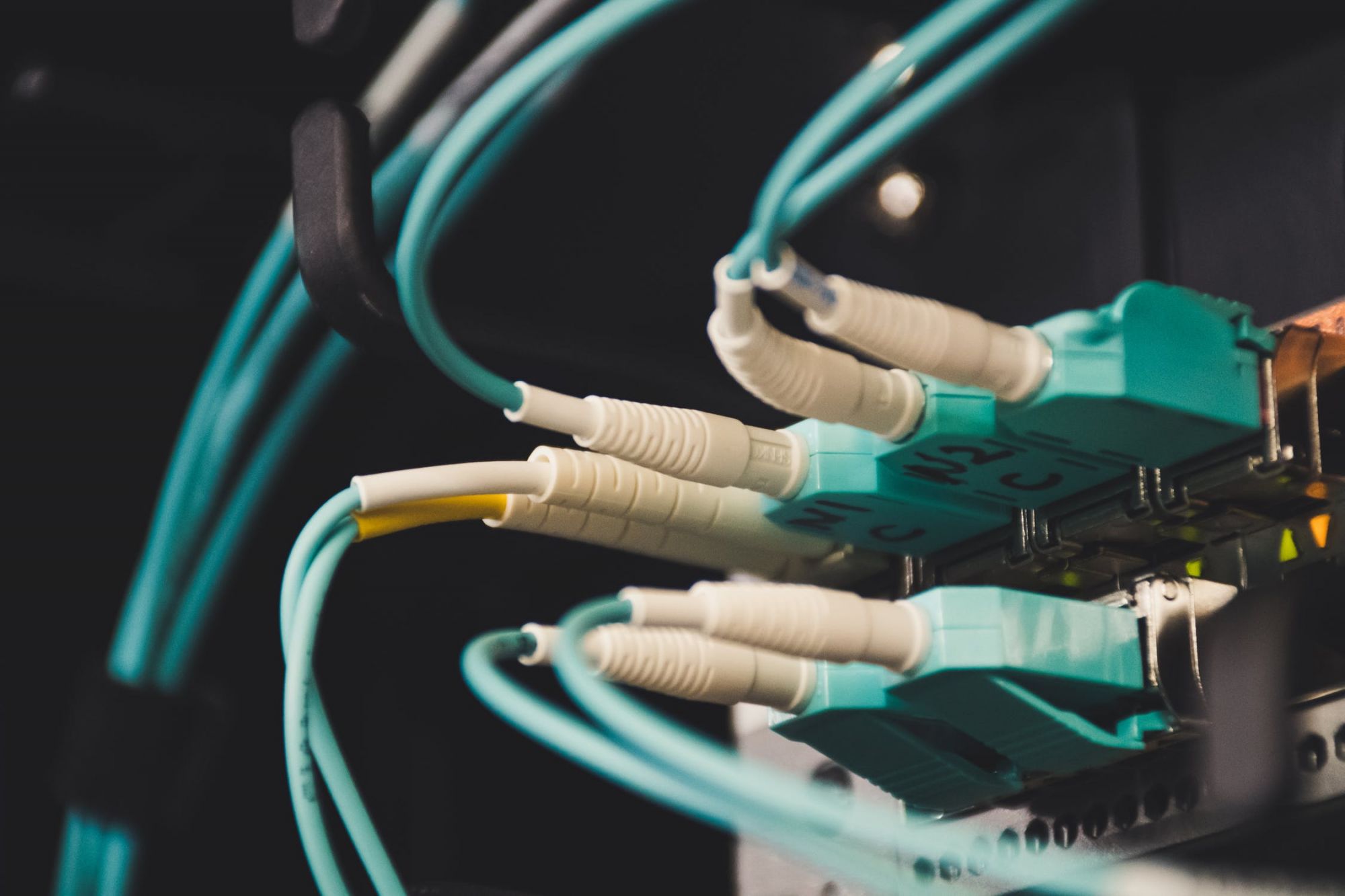It is set to speed up data transmission rates by up to 20 times. Here's what you need to know about the wireless technology that will change the way we work and live
One word sums up our 5G future: speed. And it is this speed that is expected to usher in what experts are calling the fourth industrial revolution.
Given that 5G is set to be up to 20 times faster than our current 4G network, we will soon be living in a world where a 140-minute film can be downloaded in three seconds, a library of songs in one. That speed will eliminate any delay between instructing a computer to perform a command and the computer responding and executing it.
This opens up an Alice-in-Wonderland-like world of possibilities, where we can operate on people remotely via robot technology, and connect everything from our tennis shoes to dialysis machines to a network.
The stakes are major. Studies suggest that 5G will add US$12 trillion to the global economy over the next 15 years, and create millions of jobs. Entire industries, including health, the emergency services, transport, the military and e-commerce are set to receive an overhaul as a result of 5G technology. Think hypersonic weapons in warfare and an autonomous vehicle on every street.
The World Economic Forum has said that, "5G will change the world even more profoundly than 3G and 4G; it will be as revolutionary as electricity or the automobile, benefitting entire economies and entire societies".
Start preparing now
What does 5G mean for the individual consumer or business owner? And how soon will change happen?
“From enabling VR/AR experiences and next-gen video streaming to driverless cars, the potential for 5G is endless. In the future, its introduction is likely to revolutionise data transfers and have a tangible impact on society, [including everything from] helping tackle crimes [to] enabling connected transport systems," says Russ Shaw, the founder of Tech London Advocates & Global Tech Advocates.
“However, the tech sector needs to send a unified, positive message about the value of high bandwidth and low latency for businesses and consumers alike, to ensure society fully understands 5G. Without a full understanding of the benefits, we won’t experience them at all in our everyday lives.”


